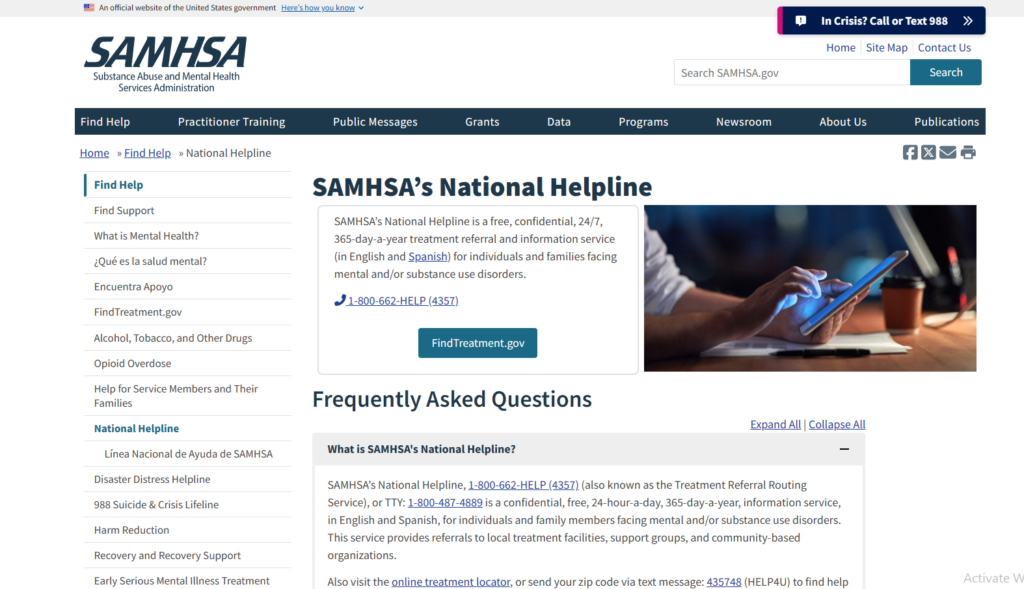Depression, a complex and challenging mental health condition, can often manifest as a sense of overwhelming paralysis. When the weight of depression leaves you feeling stuck and unable to move forward, it’s crucial to recognize these signs and take proactive steps to address them.
Recognizing the Signs
Depression doesn’t always announce itself loudly; sometimes, it creeps in quietly, affecting behaviors, emotions, and even physical well-being. Pay attention to changes in sleep patterns, appetite, and energy levels. Emotional symptoms may include persistent sadness, hopelessness, and a lack of interest in activities once enjoyed.
Understanding Paralysis in Depression
Emotional and mental paralysis can be a crippling aspect of depression, impacting your ability to carry out daily tasks. It’s essential to understand how this state of inertia can affect various aspects of your life, from work to personal relationships.
Seeking Professional Help
One of the first steps toward breaking free from depression’s grip is seeking professional help. Mental health professionals, such as psychologists, psychiatrists, and counselors, are trained to guide individuals through the challenges of depression. Taking this step is a courageous act that sets the foundation for recovery.
SAMHSA’s National Helpline is a free, confidential, 24/7, 365-day-a-year treatment referral and information service (in English and Spanish) for individuals and families facing mental and/or substance use disorders.

Building a Support System
No one should navigate depression alone. Friends and family can provide a crucial support system, offering understanding, empathy, and encouragement. Share your feelings with those you trust and let them be part of your journey to healing.
Online Peer-to-Peer Communities – Where you can engage with the most supportive and engaging community.
Establishing a Routine
Creating a daily routine adds structure to your life, helping combat the aimlessness often associated with depression. Include activities that bring you joy, whether it’s a morning walk, reading, or spending time with loved ones.
Setting Realistic Goals
Break down larger tasks into smaller, more manageable goals. Celebrate each accomplishment, no matter how small, to build a sense of achievement and momentum.
Exploring Therapeutic Approaches
Therapeutic interventions, such as cognitive-behavioral therapy (CBT), provide valuable tools for managing and overcoming depression. A mental health professional can guide you through these evidence-based approaches.
Engaging in Physical Activity
Exercise has been proven to have a positive impact on mental health. Find activities you enjoy, whether it’s walking, dancing, or practicing yoga. Physical activity releases endorphins, promoting a sense of well-being.
Mindfulness and Relaxation Techniques
Incorporate mindfulness practices and relaxation techniques into your daily routine. Whether through meditation, deep breathing, or other mindfulness exercises, these practices can help alleviate the symptoms of depression.
Nutrition and Mental Health
Consider the connection between diet and mood. Certain foods, such as those rich in omega-3 fatty acids and antioxidants, can contribute to improved mental well-being.
Expressive Arts Therapy
Explore creative outlets as a form of therapy. Whether it’s painting, writing, or playing music, expressive arts can provide a channel for expressing and processing emotions.

Medication as a Treatment Option
Discuss the possibility of medication with a healthcare professional. Medications can be a valuable component of depression treatment plans, but it’s crucial to have open and honest discussions about potential side effects and expectations.
Maintaining Consistency
Consistency is key in managing depression. Stick to your treatment plan, engage in self-care practices, and be patient with yourself. Recognize that progress may be gradual, and setbacks are a natural part of the journey.
Conclusion
Feeling paralyzed by depression is a challenging experience, but it’s not a permanent state. By seeking professional help, building a support system, and incorporating various strategies into your daily life, you can regain a sense of control and well-being. Take small steps, celebrate victories, and remember that healing is a journey, not a destination.


If conceivable, as you clear knowledge, would you mind updating your blog with more information? It is damned helpful in return me.